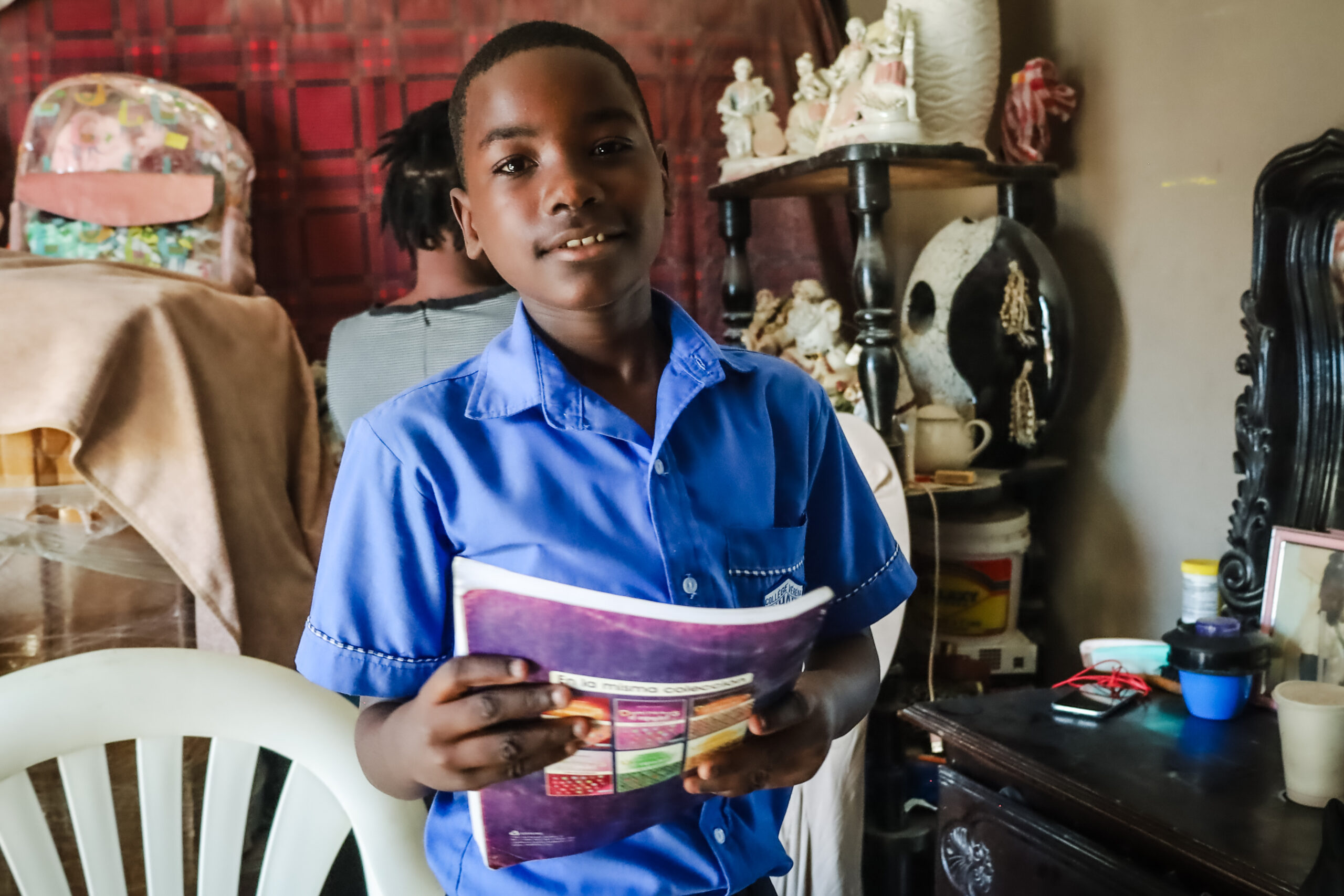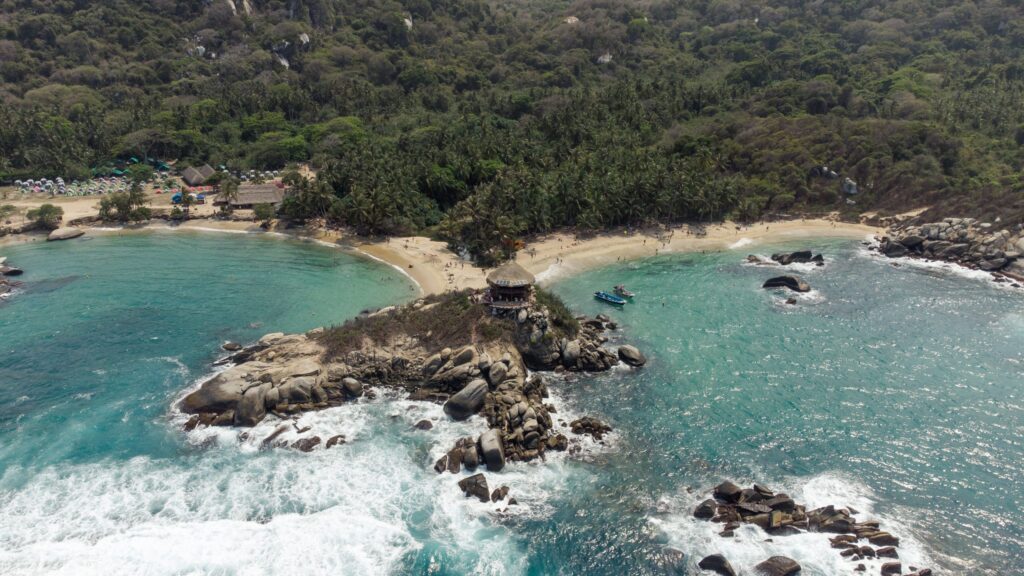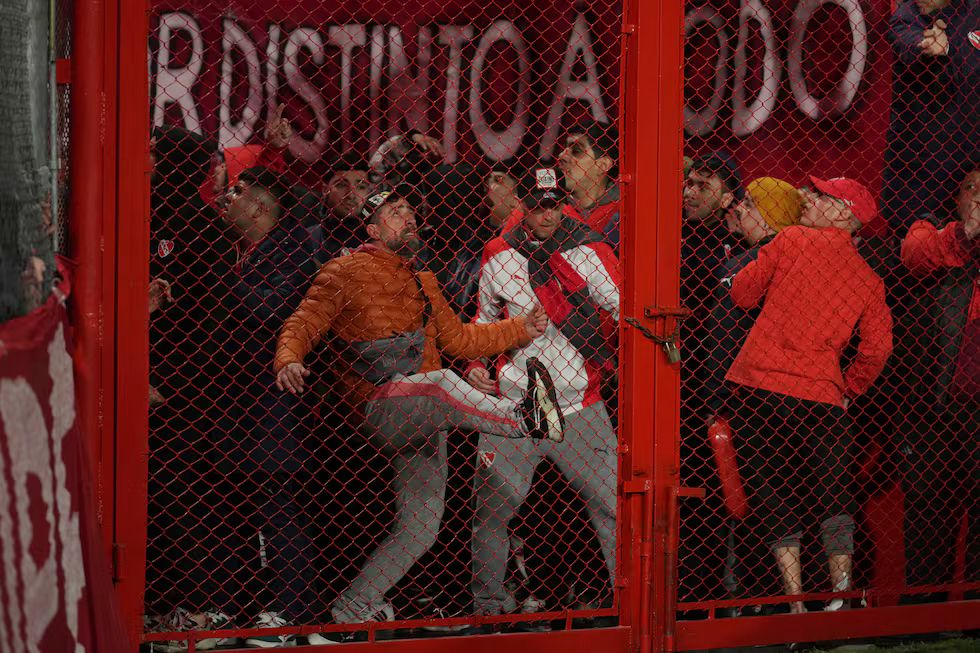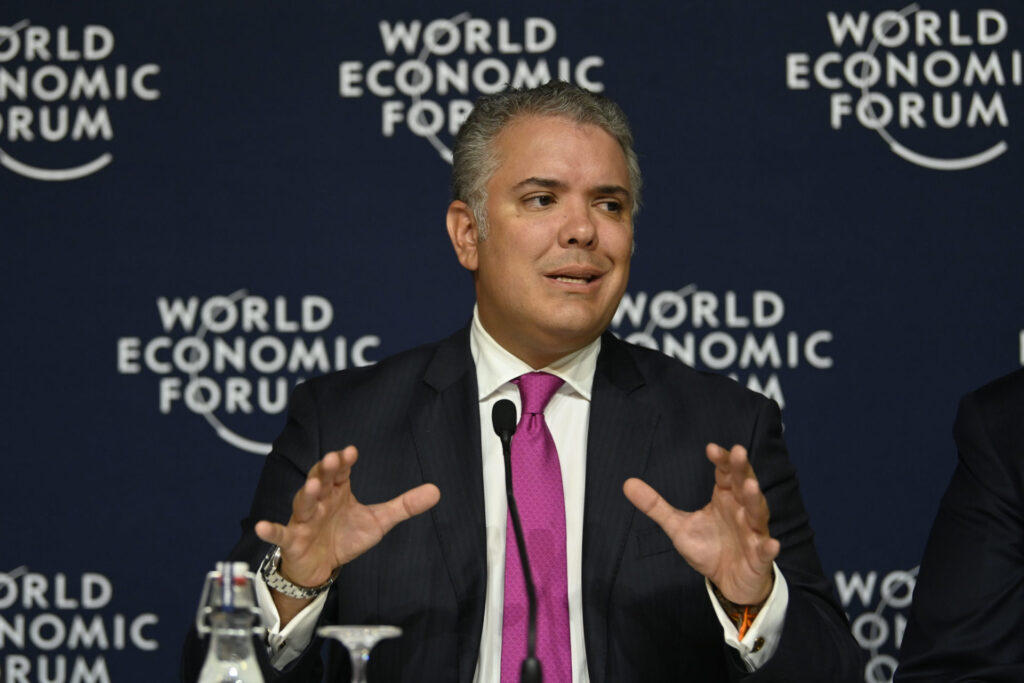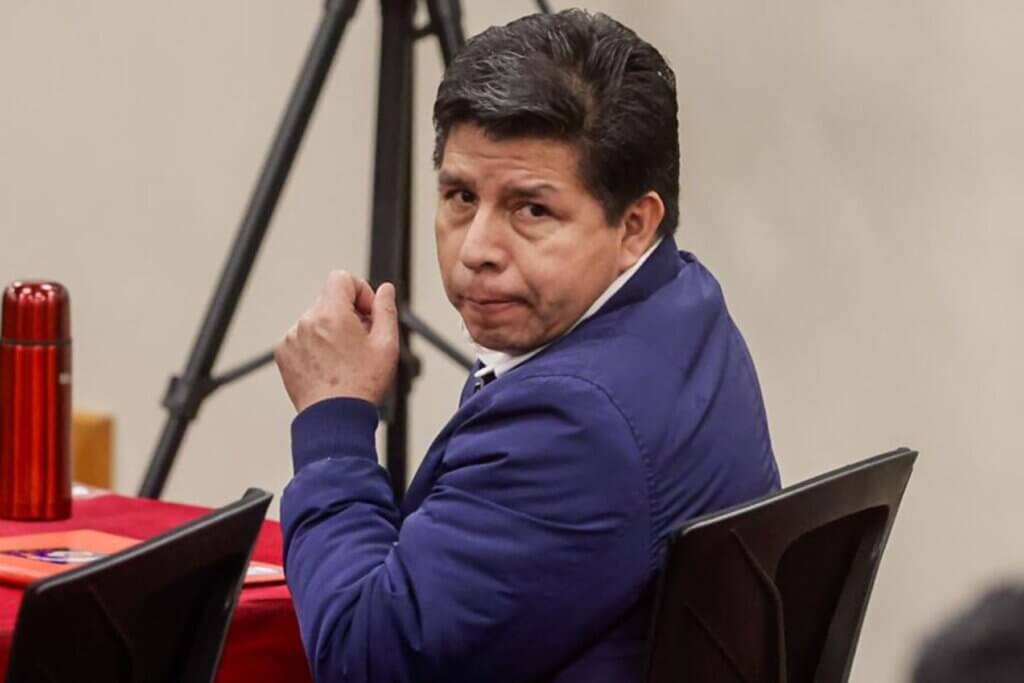“Resilience” isn’t a strong enough word to describe Haitian people, Gaby Breton, an aid worker with Save the Children Haiti, told Latin America Reports. “They are so much more than resilient.”
Haiti, a nation with a history marked by extreme economic injustice and turbulence, is currently experiencing a crippling humanitarian crisis.
In 2010, its capital, Port-Au-Prince, was rocked by a magnitude 7.0 Mw earthquake. Outbreaks of disease and hunger followed.
Then, after the July 2021 assassination of President Jovenel Moïse, an unprecedented wave of violence has left millions struggling. Armed groups control up to 90% of the capital, Port-Au-Prince, according to the Miami Herald and over one million people have been internally displaced as of 2025.
Basic services are scarce, and entire communities are in a constant battle for resources, security, and dignity.
Haitian authorities have requested help from international authorities, but the United Nations has so far declined to send a peacekeeping mission to the country, instead opting for the continuation of a security mission led by Kenya.
Read more: HRW urges UN takeover of Kenya-led mission in Haiti; UN Secretary-General reportedly says not yet
What’s more, U.S. President Donald Trump’s recent international aid cuts are having an “extreme” and “immediate” impact on Haitian children, reported Reuters, and it’s happening at a time when child recruitment into gangs increased by 70% in 2024, according to UNICEF.
As parts of the world turn away from Haiti, there still remain grassroots NGO workers and international bodies who refuse to give up on the island country.
The European Union in February disbursed €19.5 million ($21.3 million) to help stabilize and deliver basic services; relief agencies receiving humanitarian support from Sweden and Norway will also be able to redirect their Nordic funding to compensate for the negative impacts of USAID cuts; and since 2022, Canada has made contributions of over C$400 million ($281 million) to Haiti, supporting the Haitian National Police and adding to the United Nations Trust Fund for the Kenyan-led Multinational Security Support (MSS) mission.
As of April 2025, the following countries have deployed personnel to the Kenyan-led Multinational Security Support (MSS) mission in Haiti: Kenya, Jamaica, Belize, Guatemala, El Salvador and The Bahamas.
Latin America Reports spoke to three aid workers from organizations that provide humanitarian assistance in Haiti: Save the Children, who have been in the country since 1978 and whose focus is child protection, education, health and nutrition; ALIMA, which launched an emergency mission to Port-au-Prince in February 2024 that focuses on getting Haitians access to healthcare; and Mary’s Meals, which has been in Haiti since 2006 and currently provides meals to 175,000 children in schools daily with the aim of breaking cycles of poverty and hunger.
Through discussions of the issues related to their work in the country, it became apparent that while the challenges are immense, so too is the determination to push forward. Their stories, coupled with their harrowing accounts from some of the people they serve, reveal a complex yet powerful narrative: a country on the brink, yet full of people who still believe in a better future for Haiti.
(The below responses have been edited for context and clarity).
Latin American Reports asked the NGO workers about some of the obstacles they have faced while working in Haiti.
Gaby Breton, Humanitarian & Partnership Director, Save the Children
In Haiti, “there’s not enough funds for all the needs,” said Breton. She stated that the situation in the nation’s capital was especially challenging due to the fact that between “85-90% of the capital is controlled by armed gangs,” meaning that people “cannot walk without being afraid.”
“The gangs can do whatever they want, whenever they want,” she added. “So you never know. You might go for a walk and on that particular day they decide that it’s you that will be raped or attacked.”
For Save the Children employees in Haiti, the situation has been terribly difficult to observe and Breton added that it has recently become a rule amongst staff that they take breaks occasionally and leave the country. “It’s mentally tough knowing that we have limited funds and cannot do more. It’s heartbreaking,” Breton lamented.
Breton, who was on leave in Quebec at the time of interview, has worked in Haiti for various periods over the last three decades. She described her unique perspective as someone who has witnessed first-hand the “real deterioration of civil rights and children’s access to basic protection services.”
Her work has changed most drastically since the onset of the recent crisis, however, and she explained the way that gang violence has limited the scope of her actions. “Before I used to be able to go to visit some camps to see what we are doing and supervise projects, but now it’s started to be very, very complicated. Last time that I was there was three weeks ago. I mainly stayed at the office and we would hear gunshots all day,” she said.
As well as increased gang violence, Breton also noted the resurgence of cholera across the country as a result of limited access to water which has led to poorer hygiene conditions.
Emmeline Toussaint, Coordinator, Mary’s Meals
The gang violence is taking a toll on the communities that Toussaint and her team serve. Their attempts to lift morale are in constant competition with armed groups that destabilize and dehumanize people of all ages in the areas they target.
“Gang members, when they reach an area, can just decide to rape anybody they find – mostly children and sometimes adults and even killing them after. It’s revolting,” Toussaint explained.
She recalled moments when staff feared that they wouldn’t be able to send food out in trucks to certain areas because the roads can be made inaccessible by armed groups at any time.
Mary’s Meals purchases its food stock for each period one or two months in advance to avoid complications, she said, but they sometimes find themselves having to rely on alternative routes nonetheless because of the unpredictability of gang movement.
Toussaint explained, for example, that food had to be sent from occupied Port-Au-Prince to schools via boats earlier this year.
Carlotta Pianigiani, Emergency & Openings Coordinator, ALIMA
For Pianigiani, her organization which sends mobile clinics to sites where internally displaced people are living, has been forced to maneuver a fast-changing socio-political landscape that has caused unprecedented rates of internal displacement.
“The context is really changing in some of the neighborhoods, but when there are clashes on sites or people really can’t look for help if they need it […] this is why this mobile approach is really practical because we can reach them without forcing them to move outside of the sites,” she explained.
An anonymous Haitian Refugee speaking to ALIMA in Port-Au-Prince described having to visit a mobile clinic. “Our belongings were burned, and I have no means to offer them a future. I have high blood pressure, my legs are swollen, and I can hardly walk. I have no money to go to the hospital, so I see the doctors from ALIMA’s mobile clinic to consult a doctor and talk to a psychologist. I feel overwhelmed by everything that is happening. Sometimes I think death would be a relief. But I hold on, despite everything”
A nationwide lack of resources and funding causes further difficulty. “Forty-six percent of the facilities are closed or they face really difficult conditions in terms of drug shortage etc. so they are basically not functional,” Pianigiani said.
ALIMA offers psychological consultations to the people in their care but is often met with the challenge of perceptions surrounding mental health in Haiti.
At an IDP site in the Eglise Internationale Primitive, ALIMA delivers a mental health support workshop for teenagers.
Image credit: © Victor Raison / ALIMA
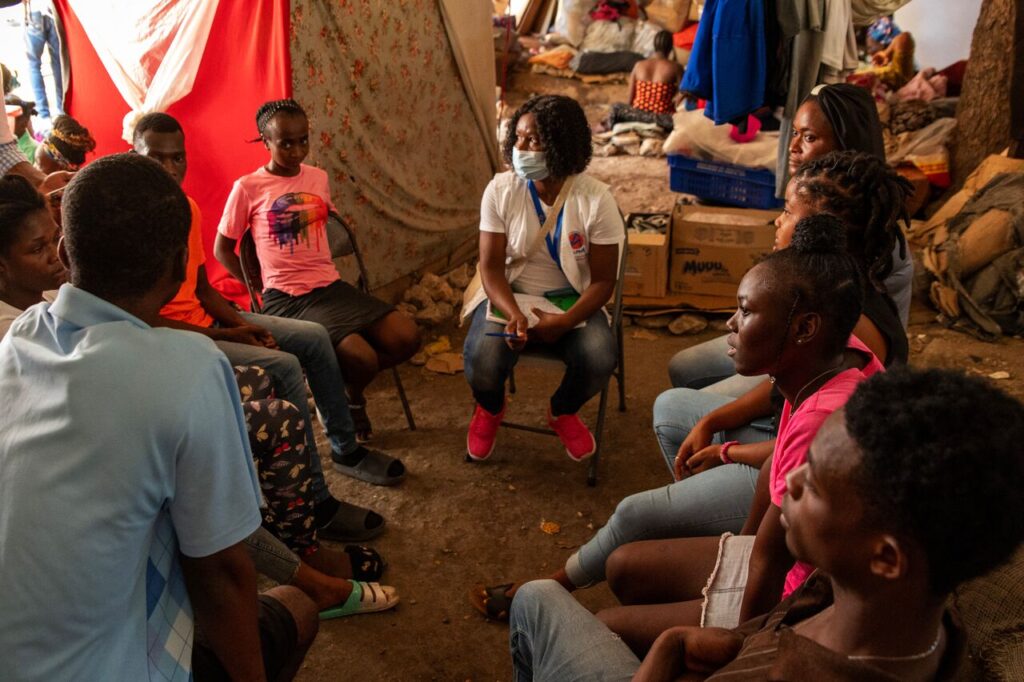
For gender-based violence survivors, ALIMA tries to provide a comprehensive package, but as a medical organization, they can only refer survivors for legal support and social reinsertion schemes.
This becomes challenging, Panigiani said, in a country like Haiti where there remains some stigma around mental health and it is not always easy to invite survivors to come forward.
“For most of them they’ve already spent at least 72 hours facing their issues and for others maybe weeks or months and it’s not always so easy to find them and invite them to come and look for help,” the humanitarian worker said.
The amount of people being sexually assaulted in the country has grown massively since the beginning of the humanitarian crisis. UNICEF reported a 1,000% increase in sexual violence against children since 2023.
As optimism dwindles for the Caribbean country worldwide, Latin America Reports wanted to know whether, amidst the chaos and the obstacles presented by insufficient funding, the NGO workers still had hope for Haiti.
Emmeline Toussaint, Coordinator, Mary’s Meals
“When you’re on the ground I think you have that thick skin of you that pushes you to go further. You know, that motivates you to go further,” said Toussaint.
“What we see clearly is that if food is not being served, that’s one more child that may join the gangs just to eat. So this is our motivation on a daily basis.”
Chantrelle Paul, a Haitian citizen and volunteer cook for Mary’s Meals expressed her pride in her country and her hope for the future of its children in conversation with Mary’s Meals. “I believe that one day we’ll have a better Haiti. I might not see it and my children might not see it, but I believe my grandchildren will,” she stated.
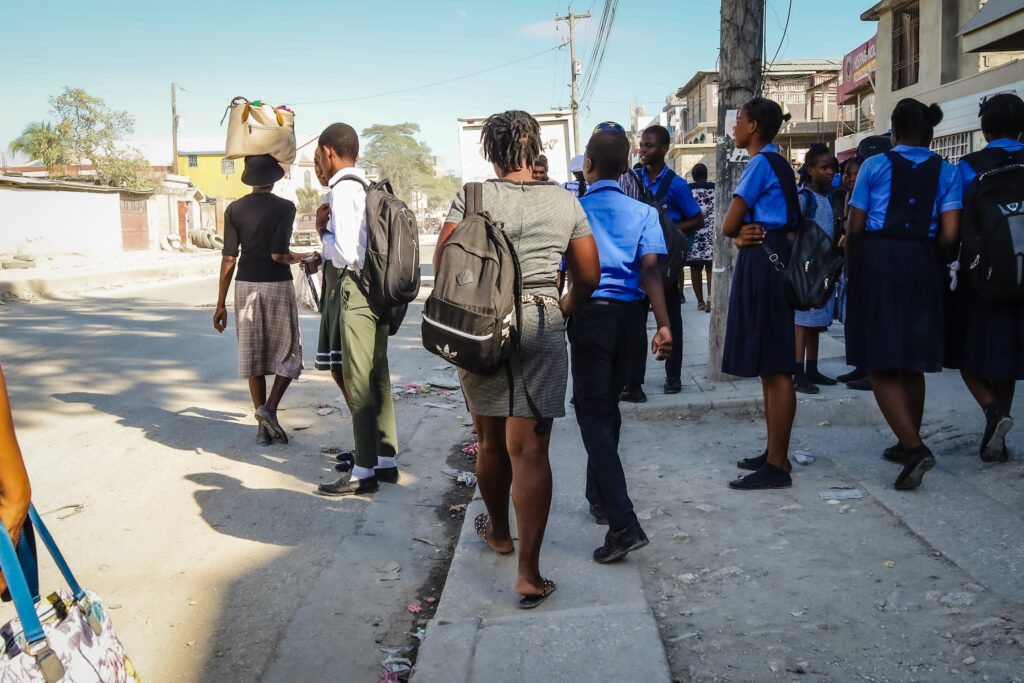
Chantrelle and son, Walker, who attends the school where she volunteers. He receives a daily meal at school.
Image credit: Jeanne Will Victoria Onelien
Emmeline concluded that, “We are always trying to make sure that we can work with the children because they need us, we know they need us. Many projects are closed. Us, we are still working. This is a way to show that there is still hope in Haiti.”
Gaby Breton, Humanitarian & Partnership Director, Save the Children
“We do believe that the solidarity between countries will increase. We know that it’s difficult because of the right-wing trend – countries are closing themselves up more for their economies. But we do believe in local leadership and improvement in the government,” said Breton.
“We work with the youth and women-led organizsations (IDEJEN and RFEO respectively). They work very hard, and it’s them that also give us hope.”
Breton added, “And the teachers are amazing. They do their best, you know, and they still believe in their country – in the youth, but it’s tough.”
Asmine helps her son Rebongy get dressed for school. His mother was able to purchase a school uniform, and pay school fees with the cash transfer service provided by Save the Children.

She said that if the organization can begin to get inside schools, “children can learn more about democracy and how to vote while at school. And of course, if there’s a financial co-op inside the school, they can learn about saving culture and how to manage money,” hoping that this will encourage children to make informed political decisions when they reach voting age.
Carlotta Pianigiani, Emergency & Openings Coordinator, ALIMA
“I wouldn’t say we feel hopeless,” said Pianigiani.
“You know, because when you’re part of it, you see what you’re doing on the ground. So, for sure I mean it’s not easy especially if you’ve been working in this for a long time. It’s been 12 years for me.”
She added that there are regular signs of success. “When you work with providing medical care you also see the outcome of what you’re doing so I think it’s kind of a mixed feeling.”
These organizations are staffed by some individuals who not only see the hardships but also glimpse the enduring spirit of the Haitian people. For many of them, the work goes beyond charity—it is a shared belief in the possibility of a brighter tomorrow. Hope persists in the island nation.
Featured image credit: by Jeanne Will Victoria Onelien available at https://contentlibrary.marysmeals.org/pages/search.php?


